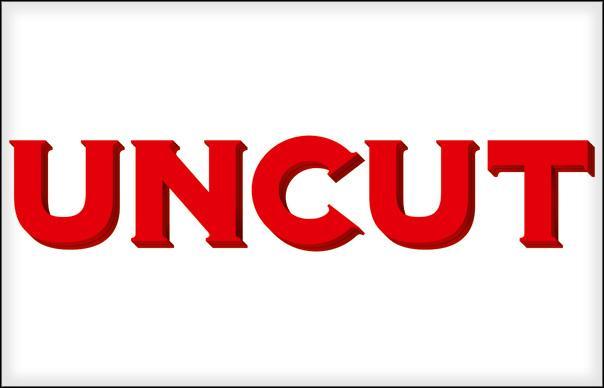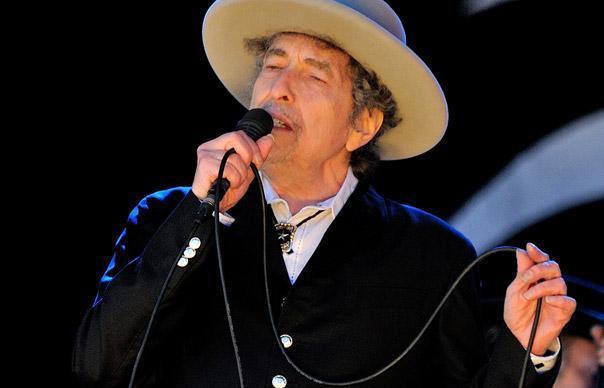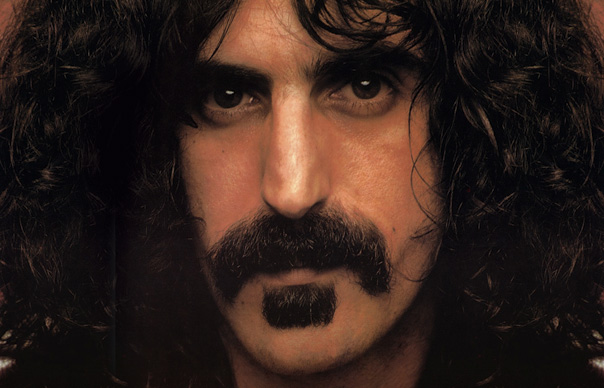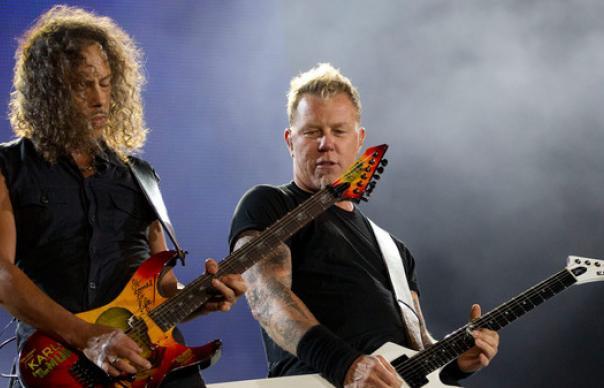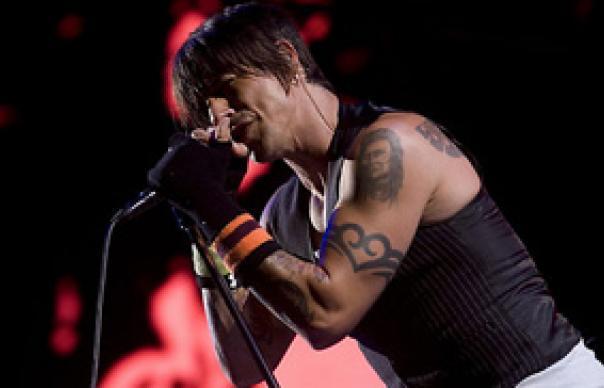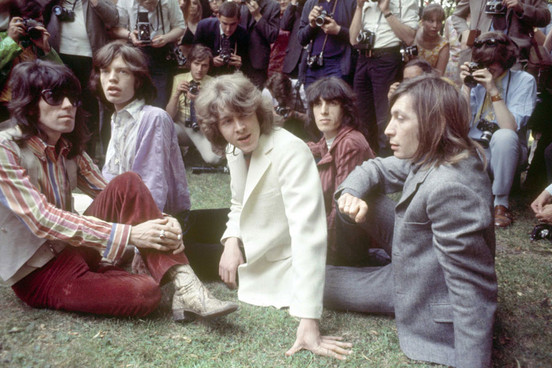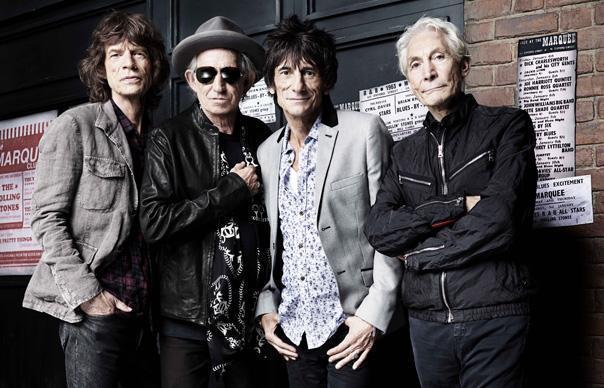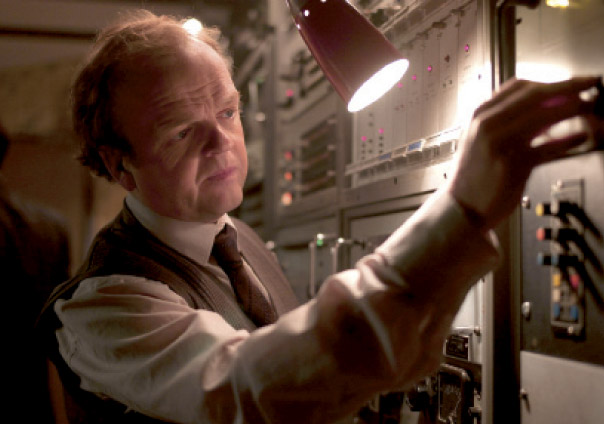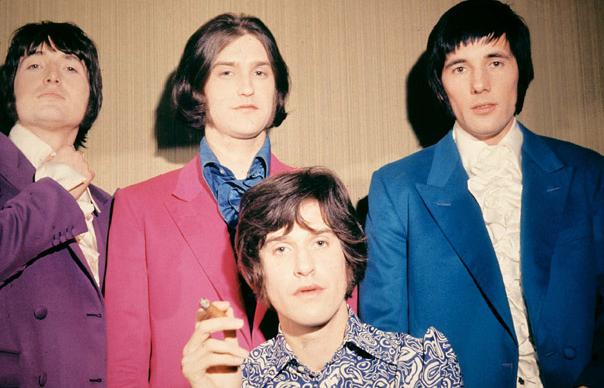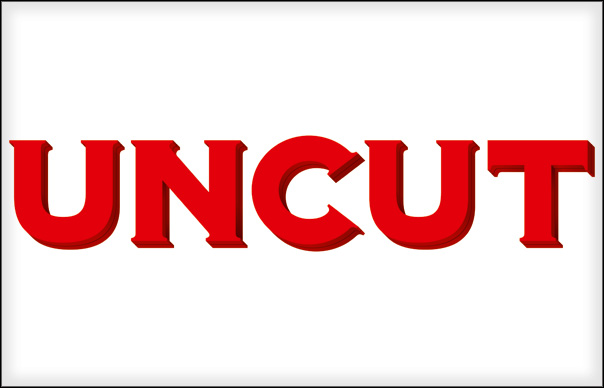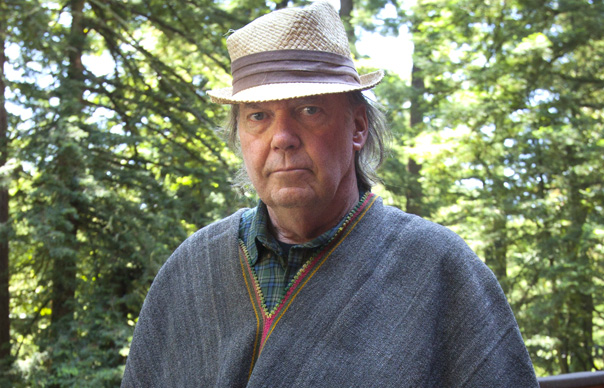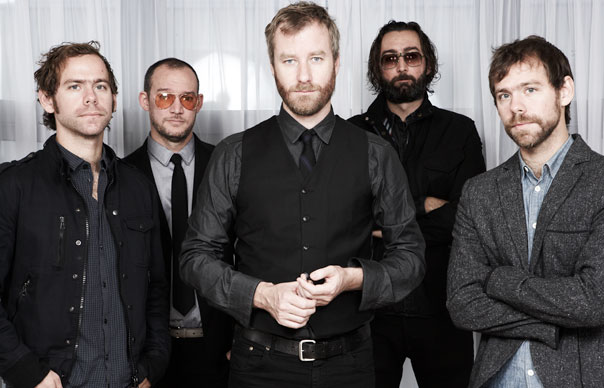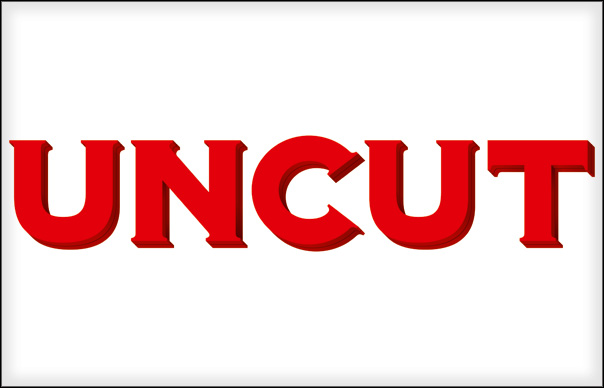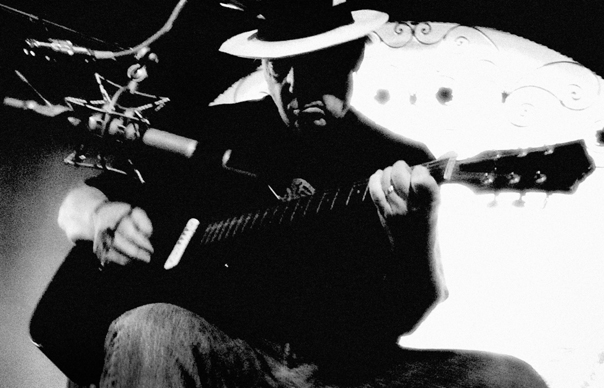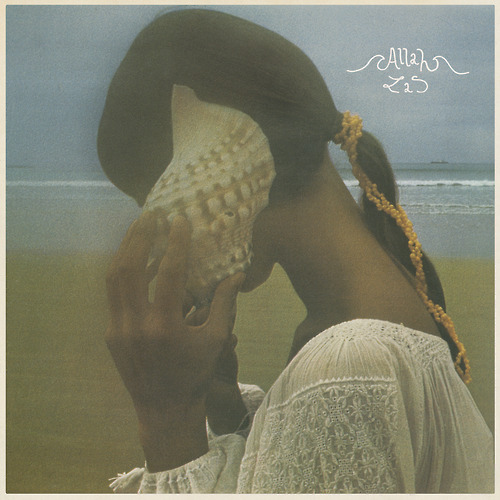The first set of Zappa’s mammoth series of reissues is reviewed in the new issue of Uncut, dated October 2012, and in shops now. To accompany David Cavanagh’s in-depth, three-page examination of the dozen re-releases, here’s a feature from November 2010’s Uncut (Take 162), in which members of the guitarist and composer’s various bands recall the madness and precision that went into some of his most important works. Interviews: John Lewis
__________________________
Rock’s first double
FRANK ZAPPA
Freak Out!
(Verve/MGM, 1966)
The first ever double album in rock history, reputedly pipping Blonde On Blonde to the honour, is a collection of dark, satirical rock music, acknowledged by Paul McCartney as a major influence on Sgt Pepper. Most of the songs are short pop tracks, heavily influenced by blues and R’n’B, but there are Varèse-inspired electronics, early examples of musique concrète and strange spoken-word exchanges between Pamela ‘Suzy Creamcheese’ Zarubica and Kim Fowley. It even ends with a 12-minute “unfinished ballet”, a portent of things to come…
Ray Collins (vocals): “We were initially an R’n’B covers band called The Soul Giants. There was me on vocals, Jimmy Carl Black on drums, Roy Estrada on bass and Davy Coronado on sax. They wanted to sack their guitarist, Ray Hunt, so they got me to do it. I recommended Frank to them – I had worked with him earlier. And he quickly took over the whole band. Frank told us, ‘If you will play our music, I will make you rich and famous.’ He relocated us from Pomona and took us about 27 miles west to Hollywood to get us signed. I quit several times. Four times, I think. But it’s an interesting album. I think it’s his best one. ‘Trouble Every Day’ is about the Watts riots being presented on TV as a sports show. ‘Help, I’m A Rock’ is dedicated to Elvis Presley. ‘Who Are The Brain Police?’ is about mind control. Nobody heard anything like that when it came out.”
Free jazz, hard blues and heavy grooves!
FRANK ZAPPA
Hot Rats
(Reprise, 1969)
Newcomers begin here – this rocking, brilliantly ambitious follow-up to an album of 1950s doo-wop pastiches was Zappa’s biggest UK hit, and his first album after splitting up the first Mothers Of Invention. Largely instrumental, it features Zappa’s high-school buddy Captain Beefheart singing the only vocal on the album (“Willie The Pimp”).
Ian Underwood (keyboards, woodwind, vocals): “This was a big change in direction for Frank. What attracted me to the band when I joined was a mixture of all the things I liked – a combination of Stockhausen, Ornette Coleman, corny jokes, blues, Stravinsky and so on. That’s what I liked – complex music with bizarre humour. By the time we got to Hot Rats, the standard line is that Frank didn’t want to be stereotyped as just a comedy rock performer, so he ditched the jokey lyrics and the experimental stuff for this album of instrumentals. That’s not quite the case. I think he was keen to record an album of instrumentals, and he wanted to work with very technically adept players who could play anything he put in front of them. The album was kind of a turn from the way the earlier band had been. It was a chance to use a few studio musicians and try other routines out.
“A guy called Johnny Otis, who was a big-band leader from the ’50s, he was around the studio while it was being recorded. I’m not sure what his role was, but he was an old friend of Frank’s. His son, Shuggie Otis, plays bass on one track. There’s lots of other big Cali session players on there. Jean Luc Ponty and Don Harris both play electric violin, Beefheart guests on vocals, Paul Humphrys plays drums. It’s a free-floating lineup. But Hot Rats was more about over-dubbing than anything else. We’d record live – often just a bass and drums – and then I’d overdub on top of that. There are tracks where I’m playing about half a dozen parts, first on piano, then organ, then clarinet, flute and sax. ‘Peaches En Regalia’ has the most overdubs – I recorded 10 separate tracks. Often Frank would write arrangements for me to play while we were in the studio – I mean physically write them out on manuscript and get me to play them – as we went along. He was into the new 16-track studios and was obsessive about overdubbing. I think he even went back and replaced a lot of my organ parts!”
A satirical psych-rock gem
FRANK ZAPPA
We’re Only In It For The Money
(Verve, 1968)
The cover is a straight-up parody of Sgt Pepper and, fittingly, most of its songs poke fun at the commodification of pop counterculture. Hippies, freaks, peaceniks, druggies, folk-rockers and many more find themselves on the end of Zappa’s acerbic lyrics. Despite the satire, it also works as one of the finest psych-rock albums of the period.
Ian Underwood: “I joined the band in August ’67, while they were based in New York. I’d never heard of Zappa, but as soon as I saw his band I knew I wanted to be a part of it. They were playing a residency at the Garrick, a tiny downstairs venue in the West Village which held maybe 150 people. The spirit of those chaotic shows spilled over into the LP. He started recording it at the Apostolic Studios in the Village, at the same time as recording Uncle Meat [released April ’69]. The band were ‘playing musicians’ as opposed to trained, sight-reading musicians. I guess Frank was frustrated that he couldn’t write out parts for them, but he used their characters creatively.”
Don Preston (keyboards): “I recall doing the LP cover. We all had to wear dresses; mine was $200, a fortune for a dress. The set was incredible, all mannequins and vegetables. There’s some great stuff on here, but that band didn’t last very long. He got rid of most of us, though I rejoined a few years later. I think he was dissatisfied with the limited nature of some of the people who couldn’t read music.”
The start of a new band
FRANK ZAPPA
Chunga’s Revenge
(Bizarre/Reprise, 1970)
This was Zappa’s third release in 1970, following Burnt Weeny Sandwich (February) and Weasels Ripped My Flesh (August), which were made up of old recordings he made with the first incarnation of the Mothers Of Invention. Chunga’s Revenge is his first attempt to assemble a smaller, more streamlined band. Like Hot Rats, it’s credited to “Frank Zappa” alone.
Ian Underwood: “It was a different vibe from the first band. Frank felt the Mothers worked in small venues like the Garrick because they were humorous and improvisatory. But, when we started playing places like the Albert Hall, he didn’t want to experiment on stage – he was playing for people who’d paid good money to see a show. So he wanted a band that would be focused. The atmosphere was more austere.”
George Duke (keys, trombone, vocals): “This was my first LP with Frank, and it was a steep learning curve for me – I was the strait-laced jazz musician in a rock’n’roll band. Most jazz guys would consider themselves too heavy to do the kind of stupid things Frank had us doing. But I dug it. You had guys like Aynsley Dunbar, who was pure rock’n’roll. Ian Underwood was still in the band. There was always a lot of multi-tasking with Frank. He liked musicians who could double up on tour. That helped to keep costs down! But you can hear that we’re adept at blues (‘Road Ladies’), heavy rock (‘Tell Me You Love Me’) and even vaudeville (‘Rudy Wants To Buy Yez A Drink’).”
Big band, big names, big fusion
FRANK ZAPPA
Waka/Jawaka
(Bizarre/Reprise, 1972)
Like its companion-piece, The Grand Wazoo, a big-band jazz album that was released five months later, this sees Zappa moving heavily into jazz fusion territory, with a nod to Miles Davis’ Bitches Brew.
George Duke: “The arrangements for this, like The Grand Wazoo, were dictated to us by Frank while he was in his wheelchair. This was just after he’d been thrown off the stage in London and rendered disabled for a year. That was pretty lucky – it could have been so much worse. When I joined the band, it felt like a rock band with one or two jazz players. By Waka/Jawaka, it felt more like a jazz-fusion band with a couple of rock players. Frank wouldn’t agree with that, I don’t think. But it was certainly an odd jazz band, one that was absolutely nuts. Frank would have us moving our legs in a particular direction at certain points, just to emphasise some rhythmic quirk. I remember spending hours in the studio, overdubbing. We’d start at noon and I wouldn’t get out of there until five or six in the morning. Remember, we didn’t have polyphonic synthesis back in those days, so if you wanted to play a chord on a synth, you had to overdub every note. But it was always a fun time. Frank would go out and buy chilli dogs for the band. The Grand Wazoo took the jazz thing even further out, using what amounted to a big band. There’s some heavyweight talent on that. Ernie Watts on tenor sax, Bill Byers on trombone… these were all big names, man.”
The one where Frank sings
FRANK ZAPPA
Apostrophe (’)
(Discreet Records, 1974)
A companion-piece to Overnite Sensation (released five months earlier), Apostrophe (’) is seen by many as Zappa’s masterpiece, with his tightest, most sympathetic band playing at the peak of their powers.
Napoleon Murphy Brock (saxophone, vocals, flute): “This was my first album with Frank. On most of his records he’d featured guest singers on a lot of tracks, guys like Ray Collins, Roy Estrada, Jimmy Carl Black. But on this he wanted to feature himself, to use the unique oddness of his voice. The backing vocals were done by myself, George, Tina Turner, and the Ikettes. People often say his music is virtuosic, musicians trying to play as many notes as they can, but it’s the very opposite of that. Sure, he needed virtuosos, like myself, to play the music he wrote, but his music was trying to connect to people in a unique fashion. It’s close to stand-up comedy in places. ‘Don’t Eat The Yellow Snow’ and ‘Stink-Foot’ are both hilarious. Or if you look at the companion album, Overnite Sensation, ‘Montana’’s about a farmer growing dental floss and harvesting it on his pony, and ‘I Am The Slime’ is about the classical conditioning advertising guys use to influence us. He was a very, very clever guy, as well as being funny.”
His band at its best?
FRANK ZAPPA
One Size Fits All
(Discreet Records, 1975)
Highly rated among Zappaologists, the last album credited to ‘Frank Zappa And The Mothers of Invention’ features a settled lineup, as well as two guest slots from the legendary Johnny “Guitar” Watson.
Napoleon Murphy Brock: “For me, this was Frank’s best lineup. Me, George Duke on keyboards, Ruth Underwood on vibes and marimba, Chester Thompson on drums, Tom Fowler on bass. Everyone is brilliant. And we had gotten used to working with each other, so it was like a family. We listened to each other. We had conscious awareness of each other’s playing. Frank had found a combination of six people who could play anything he wrote, but make it sound like we were improvising. He’d also started writing for our characters. He wrote ‘Inca Roads’ for George’s voice. Same with ‘Florentine Pogen’, which he wrote for me. And he wrote two great songs for Johnny ‘Guitar’ Watson, ‘San Ber’dino’ and ‘Andy’, which really use Johnny’s lovely, creamy voice. You look at the later lineups, and there are some great musicians there, but there wasn’t the same camaraderie. Frank was working with yes-men, people who just wanted to kiss his ass. We were different. We pushed Frank as much as he pushed us.”
Rocking with the captain
FRANK ZAPPA
Bongo Fury
(Discreet Records, 1975)
Captain Beefheart serves as lead vocals for this (mainly) live, deliciously heavy album, recorded in Austin, Texas. The two studio cuts here were recorded around the same time as One Size Fits All.
George Duke: “This is his most compelling live album. You’ve got the vestige of that tight jazz band that he developed – myself, Nappy, Chester Thompson and the Fowler brothers, Tom on bass and Bruce on trombone – but it sure as hell ain’t jazz we’re playing. It’s heavy blues rock, very dense. On the live tracks, you had this young, brash drummer, Terry Bozzio, giving us this rockier edge. And Beefheart is incredible on this. My memories are of that ’75 tour. What a trip! Sitting on the bus with all these crazy people. Beefheart never slept. He’d always be drawing, and he’d carry shopping bags filled with poems. He’d be pacing hotel hallways, muttering to himself. Beefheart couldn’t remember lyrics, so the words would be scribbled on bits of papers on the floor. Onstage, Frank would always place Beefheart in front of Frank’s guitar amp. He knew that, whenever he hit this one particular chord, real loud, Beefheart would do something funny. It was hilarious, every night. But Frank got a kick out of it. He loved to push people’s buttons!”
The one with his only hit
FRANK ZAPPA
Ship Arriving Too Late To Save A Drowning Witch
(Barking Pumpkin Records, 1982)
The talking point is the punky hit single “Valley Girl”, where Frank’s daughter Moon Unit, then aged 14, provides a monologue which satirises privileged Californian teenagers. Elsewhere there is “country and western on PCP” (“No Not Now”), fearsome jazz fusion with Steve Vai (“Envelopes”) and a nod to operatic metal (“Teen-Age Prostitute”).
Scott Thunes (bass, vocals): “Most people don’t realise most of this was recorded live, at various gigs. With previous live LPs, like Roxy & Elsewhere, he’d record the entire band and then re-record everything except the bass and drums, so it had that nice live feel. But, by the ’80s, he felt he didn’t need to do that. Some tracks were so difficult to get right. “Drowning Witch”, inspired by Stravinsky, is so hard to play that Frank said he needed 17 cities worth of recordings to get a useful version! The only studio track was “Valley Girl”. It started out as a guitar riff in some crazy metre. Frank was into “My Sharona” at this time, you can hear it in the rhythm and the melody. Then he woke up his daughter [Moon Unit] at 3am to sing the lead!”


